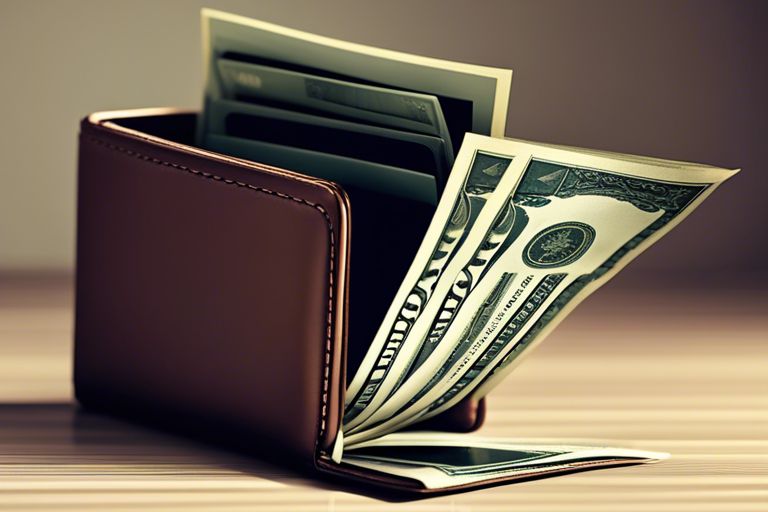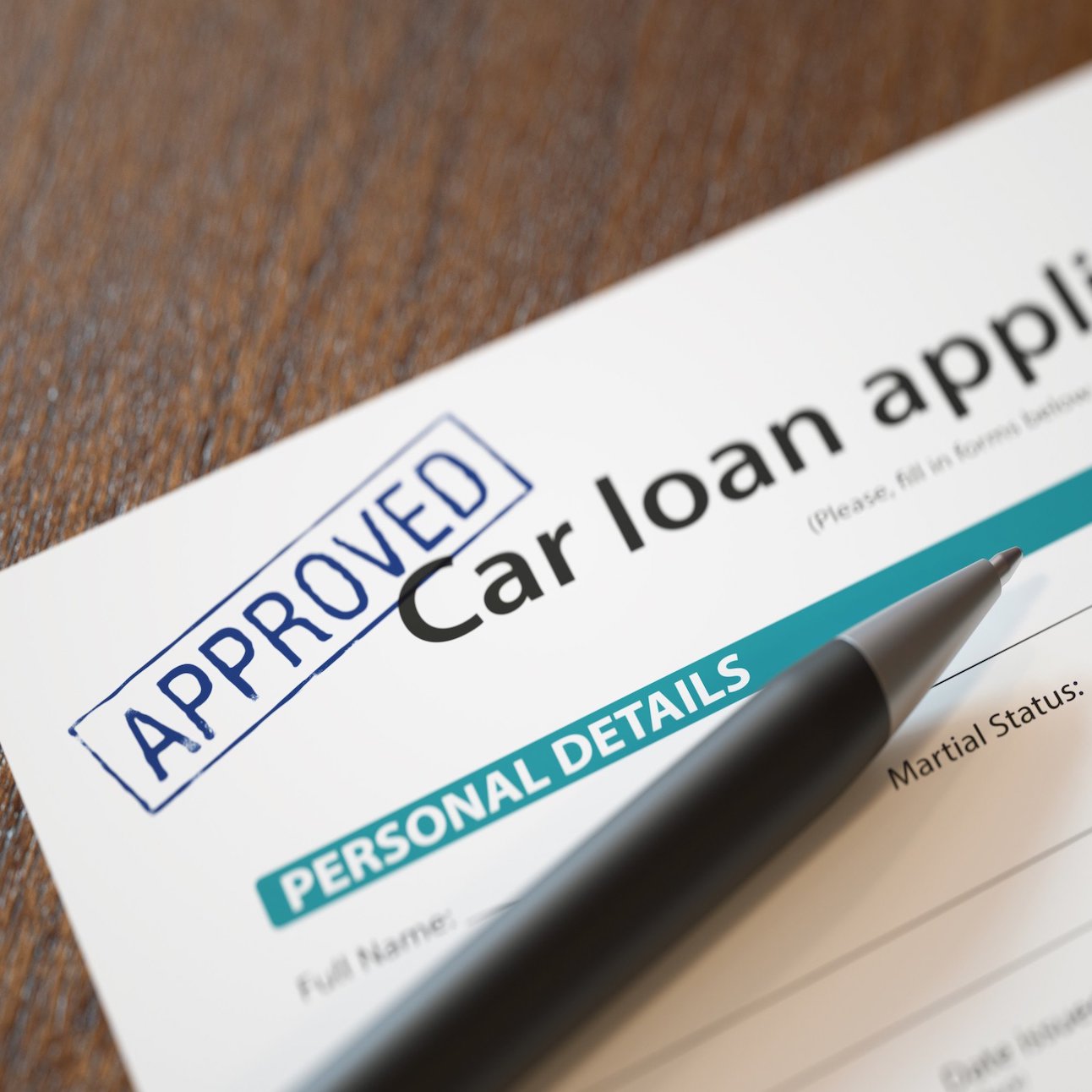
Considering a cash advance from your credit card may seem like a quick solution to your financial needs, but it comes with risks and costs that you should be aware of. While it can provide immediate access to funds in emergencies, high interest rates and fees often make it an expensive option. Additionally, cash advances usually have no grace period for interest to accrue, meaning you start paying interest from day one. Before deciding to take a cash advance from your credit card, carefully weigh the benefits and consequences to make an informed decision.
Key Takeaways:
- High interest rates: Cash advances from credit cards often come with high interest rates that start accruing immediately.
- Additional fees: In addition to the high interest rates, cash advances usually have additional fees, such as cash advance fees and ATM fees.
- Impact on credit score: Taking a cash advance can negatively impact your credit score, as it increases your credit utilization ratio and shows up as a separate balance on your credit report.
The Mechanics of a Credit Card Cash Advance
How Cash Advances Work
On the surface, a credit card cash advance may seem like a convenient way to access quick cash. However, the process functions more like a short-term loan than a typical credit card purchase. When you obtain a cash advance, you’re borrowing money against your credit limit and will typically incur higher fees and interest rates compared to regular transactions.
Fees and Interest Rates
Fees associated with credit card cash advances can be steep. Typically, you’ll be charged a cash advance fee, which can range from 3% to 5% of the total amount withdrawn. Additionally, interest rates on cash advances are higher than those for purchases and often start accruing immediately without a grace period. This can lead to a significant financial burden if the advance is not repaid quickly.
It’s important to note that the cost of a credit card cash advance can add up quickly. Even though the cash is easily accessible, the fees and interest rates associated with these transactions make them a costly option for borrowing money.
Pros and Cons of Cash Advances
Any credit cardholder should weigh the pros and cons before considering a cash advance from their card. For more information on what a credit card cash advance entails, check out What Is a Credit Card Cash Advance?
Analyzing the Benefits
In the context of cash advances from credit cards, there are some potential benefits to consider. One of the main advantages is the quick access to cash in emergency situations. This can be convenient when facing unexpected expenses or when you’re in a pinch for cash. Additionally, cash advances can help you avoid high fees for bounced checks or late bill payments.
Considering the Drawbacks
Considering the drawbacks of cash advances is crucial for making an informed decision. One of the biggest drawbacks is the high cost associated with cash advances. Most credit cards charge higher interest rates for cash advances compared to regular purchases. Additionally, cash advances often come with upfront fees, further increasing the cost of borrowing. It’s necessary to understand these expenses before deciding to take a cash advance.
Drawbacks like interest rates and fees can make cash advances an expensive option that should be used only in true emergencies. It’s important to weigh the convenience of quick cash access against the potential long-term financial consequences of high interest and fees.
Alternatives to Cash Advances
Other Borrowing Options
Not all borrowing options involve taking a cash advance from your credit card. Consider other options such as personal loans, payday loans, or borrowing from family and friends. While interest rates on personal loans might be lower than cash advance fees, be cautious with payday loans as they often come with very high-interest rates.
Long-Term Financial Solutions
Options for long-term financial solutions include creating a budget, cutting expenses, increasing income, or working with a financial advisor. These solutions may take time to implement but can provide a more sustainable way to improve your financial situation in the long run.
When considering long-term financial solutions, it’s important to address the root causes of your financial difficulties. By making a budget and sticking to it, cutting unnecessary expenses, and finding ways to increase your income, you can work towards a more stable financial future. Consulting with a financial advisor can also provide valuable guidance and support in navigating your financial challenges.
Best Practices for Managing a Cash Advance
Responsible Use of Cash Advances
Many credit card holders may find themselves in need of quick cash at some point. However, it is vital to use cash advances responsibly. Only consider a cash advance if it is absolutely necessary, as they often come with high fees and interest rates. Make sure to read the terms and conditions of your credit card agreement carefully to fully understand the cost associated with taking a cash advance.
Repayment Strategies
With cash advances, it is crucial to have a repayment strategy in place to avoid falling into a cycle of debt. Be proactive in paying off the cash advance as soon as possible to minimize the amount of interest accrued. Consider creating a budget and cutting back on expenses to free up funds for repayment. Setting up automatic payments can also help ensure that you do not miss any due dates.
To effectively manage repayment, prioritize paying off the cash advance over making additional purchases on your credit card. This will help you avoid accumulating more debt and focus on clearing the existing balance. Avoid minimum payments, as they may prolong the repayment period and result in higher overall costs. By staying disciplined and committed to repaying the cash advance promptly, you can mitigate the financial impact and prevent it from negatively affecting your credit score.
Final Words
Following this discussion on whether you should consider a cash advance from your credit card, it is important to remember that this should be a last resort due to high fees and interest rates associated with this type of transaction. As outlined in a Time article on What Is a Cash Advance and Should You Get One?, it is advisable to explore other options first, such as personal loans or reaching out to your credit card issuer for a lower-interest alternative. It is crucial to carefully assess your financial situation and weigh the costs and benefits before deciding to take a cash advance from your credit card.
FAQ
Q: What is a cash advance from a credit card?
A: A cash advance from a credit card is a short-term loan that allows you to withdraw cash from your credit card at an ATM or bank branch. This cash is not directly from your bank account but is charged to your credit card as a loan with high-interest rates and additional fees.
Q: Should I consider a cash advance from my credit card?
A: It is generally not recommended to consider a cash advance from your credit card due to high fees and interest rates associated with it. It should be used as a last resort for emergency situations where no other option is available.
Q: What are the alternatives to a cash advance from a credit card?
A: Instead of opting for a cash advance from your credit card, consider alternatives such as personal loans, borrowing from friends or family, negotiating with creditors for a payment plan, or using a low-interest rate credit card for purchases.


